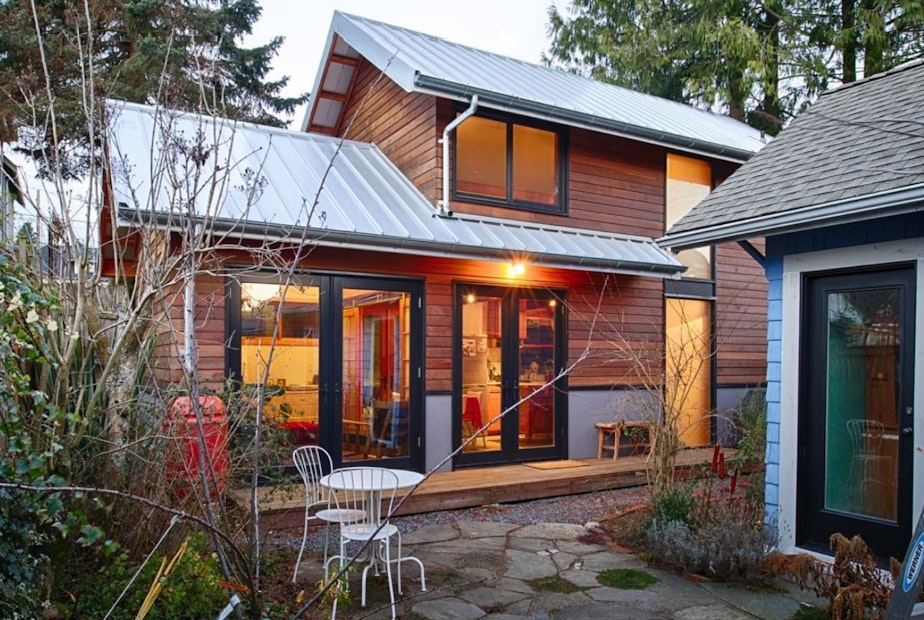Backyard apartments under consideration, again, in Seattle

Rules to allow more backyard cottages and mother-in-law units could get approved in Seattle in the next four weeks.
The Seattle City Council started reviewing a proposal about cottages, again, on Wednesday.
Council member Mike O'Brien is sponsoring the legislation, and expects 500 more homeowners a year would build cottages on their property if it passes. He says it's about making more homes available in a city short on housing.
"95% of the new units that have been built in Seattle this decade have come in multi-family zones", says O'Brien.
"This is an opportunity to allow some single family zones to absorb some additional households into those neighborhoods, but in a way that we refer to often as 'gentle density'."
His proposal would take away the requirement that the homeowner live on the property, would allow cottages on smaller lot sizes, and would not require a parking space for the tenant.
Sponsored
The Queen Anne Community Council and its allies have fought the legislation for three years. They are concerned that single-family neighborhoods aren't set up for more housing, and that it would put a strain on utilities and parking.
However, a hearing examiner recently ruled the city could proceed with changes.
O'Brien's proposal comes after a citywide Environmental Impact Statement about how the added housing would affect Seattle's Development . Proponents want to see more backyard apartments and in-law units built in single-family neighborhoods.

"Relatively few of them have been built over the last couple decades, and what we hear from homeowners [is] they would like to do them but they' haven't done them yet because there's just some challenges", says O'Brien. "We're looking to change the code to allow a little more flexibility."
O'Brien plans to hold a public hearing on June 11th, and wants the city council to vote as soon as June 24th.
He's not running for re-election this fall and will have less than six months to see this legislation passed.




